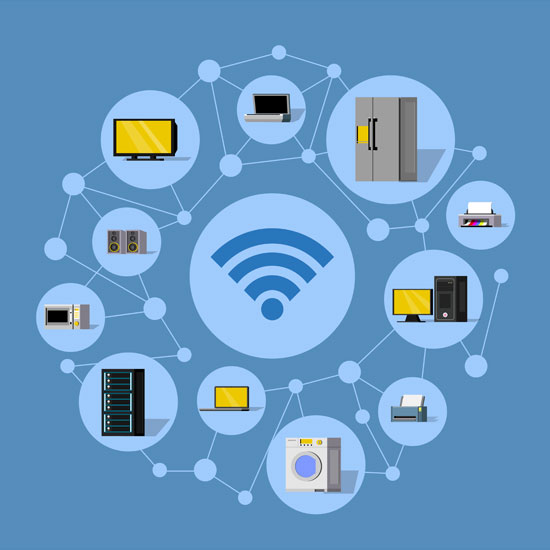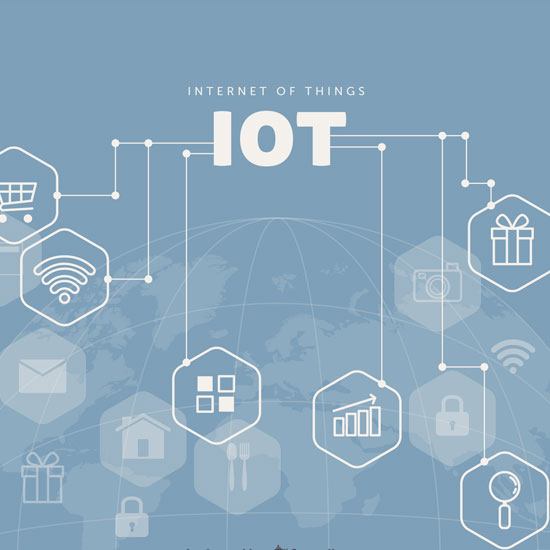The Internet of Things

The Internet of Things (IoT) refers to a vast network of interconnected physical devices, objects, and systems that communicate and share data with each other over the internet. These devices are embedded with sensors, software, and connectivity, allowing them to collect and exchange information without human intervention. IoT has the potential to transform industries, improve efficiency, and enhance our daily lives by enabling smart, data-driven decision-making and automation.
Applications:
- Smart Home: IoT devices in smart homes include thermostats, security cameras, voice assistants, and appliances that can be controlled remotely for energy efficiency, security, and convenience.
- Industrial IoT (IIoT): In industrial settings, IoT sensors and devices monitor equipment, collect data, and optimize processes, leading to predictive maintenance, increased productivity, and reduced downtime.
- Healthcare: IoT-enabled medical devices, wearables, and telehealth solutions allow healthcare providers to remotely monitor patients, improve diagnostics, and enhance patient care.
- Smart Cities: IoT is used to create smart city solutions, such as smart traffic management, waste management, and energy conservation, to improve urban living.
- Agriculture: IoT sensors and drones assist in precision farming, optimizing crop management, monitoring soil conditions, and conserving resources.
- Retail: IoT is used for inventory management, supply chain optimization, and enhancing the customer shopping experience through personalized offers and smart shelves.
- Transportation and Logistics: IoT devices track vehicles, shipments, and driver behavior, improving route planning, logistics, and fleet management.
Advantages:
- Data-driven Decision-Making: IoT generates vast amounts of real-time data, allowing organizations to make data-driven decisions and optimize operations.
- Efficiency: Automation and optimization through IoT lead to improved efficiency, reduced operational costs, and increased productivity.
- Predictive Maintenance: IoT enables predictive maintenance, reducing equipment downtime and extending the lifespan of assets.
- Cost Savings: IoT solutions can lead to cost savings through energy efficiency, reduced waste, and optimized resource usage.
- Improved Quality of Life: In smart homes and cities, IoT enhances convenience, safety, and overall quality of life for residents.
- Environmental Impact: IoT can lead to more sustainable practices by optimizing resource use and reducing waste.
- Safety and Security: IoT enhances safety and security through smart surveillance, emergency response systems, and monitoring of critical infrastructure.
The Internet of Things is revolutionizing industries and everyday life by connecting and empowering devices to communicate and make data-driven decisions. It offers numerous benefits, from improving efficiency and productivity to enhancing safety and sustainability, making it a transformative force in the digital age.

